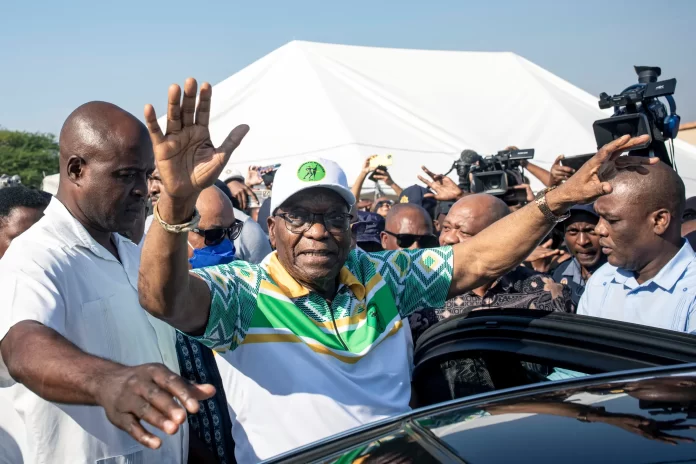South Africa is navigating significant economic challenges amidst a notable political transition. Following the recent elections, Cyril Ramaphosa has been re-elected as president, promising continuity in governance while addressing pressing issues such as unemployment and inequality.
The country’s economy, one of Africa’s largest, continues to struggle with high unemployment rates and sluggish growth exacerbated by the COVID-19 pandemic. Efforts to stimulate economic recovery include infrastructure investments and reforms aimed at attracting foreign investment and fostering job creation.
Socially, South Africa is grappling with ongoing issues of crime and social inequality, which remain focal points for government intervention. Recent protests and civil unrest have underscored the urgency of addressing these deep-seated issues through inclusive policies and community engagement.
Internationally, South Africa remains a key player in African diplomacy and regional stability efforts, while also navigating global partnerships to enhance trade and development opportunities.
As South Africa charts its course forward, balancing economic revival with social cohesion and political stability will be crucial in achieving sustainable progress and fulfilling the aspirations of its diverse population.











